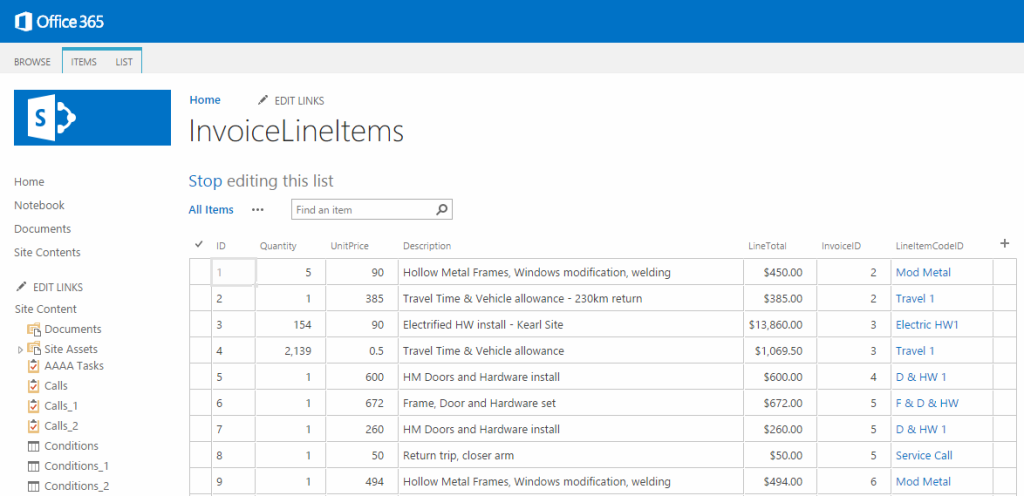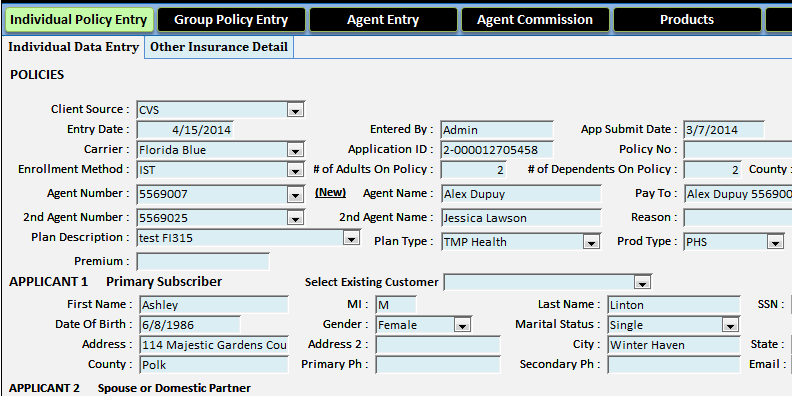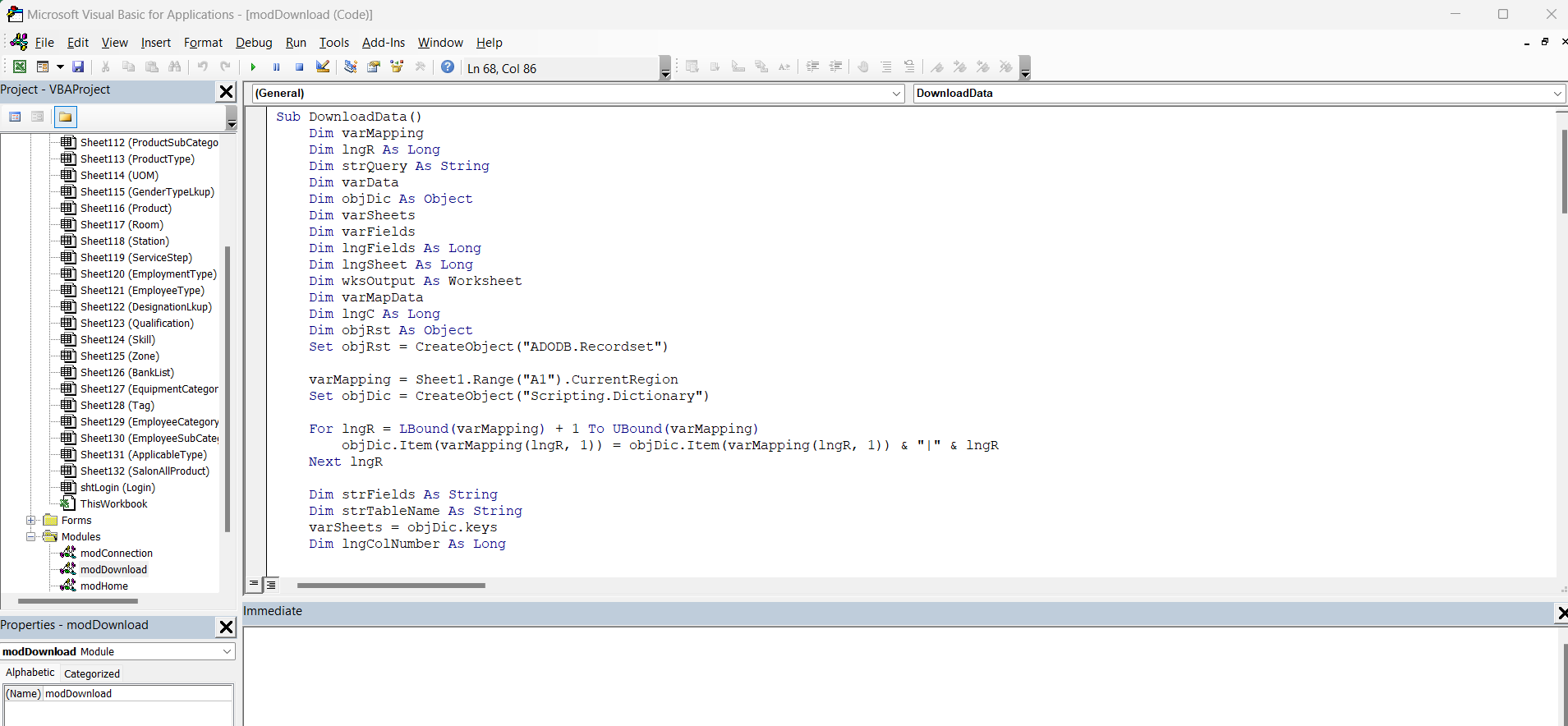Introduction
What is Microsoft Access 2007?
MS Access 2007 was a database management utility provided as part of the Microsoft Office 2007 suite. Coming with significant upgrades compared to older releases, it introduced new features with an advanced interface, which substantially upgraded database management to make it more effective and user-friendly. Even with its later versions, Access 2007 finds huge applications in many circles.
Why is MS Access 2007 Still Important?
Although the 2007 version is several versions older, Microsoft Access still finds relevance for those whose database systems are structurally based on it. Because it’s integrated with other Microsoft products and also allows compatibility with older databases, it remains an important resource in data maintenance and management.
Developing Applications with MS Access 2007

Integrating the application with Microsoft Office One strong point about Access 2007 is how it will integrate well with other Microsoft Office products, such as Excel, Word, and Outlook. Such integration allows users to easily import, export, and manipulate data between applications.

Custom Databases Built for Your Unique Needs. A generic database often doesn’t cut it. Every business has different needs, and an MS Access expert will tailor your database solution to match those needs perfectly.

Macros and VBA
Macros and VBA are some of the most important ingredients of higher-order automation and database functionality in Microsoft Access 2007. With these tools, the user will be enabled to create functions, automate repetitive tasks, build forms, and make reports.

Creating Custom Modify Access Database Report and Forms
Created to make designing forms and reports as easy as possible, Access 2007 makes use of intuitive design tools. This means that through the use of a form and report wizard, the programs walk the user through the process.
Migrating from MS Access 2007

Challenges of Upgrading
Upgrading from Microsoft Access 2007 to newer versions can be challenging. Compatibility issues, changes in the user interface, and differences in functionality are common obstacles that require careful planning and execution.

Access Database Migration to SharePoint
A successful migration involves assessing the current database structure, identifying potential issues, and developing a detailed migration plan. Testing the new environment before full deployment helps ensure a smooth transition and minimizes disruption.
Practical Tips for Using MS Access 2007
Using Access 2007 Today
Even though it’s an older version, Microsoft Access 2007 can still be a valuable tool for managing data, particularly for businesses with specific requirements or legacy systems. It continues to offer reliable database management capabilities.
Maintaining Your Access Database
Regular maintenance is essential for keeping an Access 2007 database running smoothly. This includes backing up data, optimizing queries, and reviewing user permissions to maintain security and performance.
Conclusion
Microsoft Access 2007 remains a powerful tool for database management. Its range of features, user-friendly interface, and integration with other Microsoft Office products make it a valuable resource for businesses that rely on its capabilities. Even as newer versions are released, Access 2007 continues to serve as a reliable and effective solution for many organizations.

